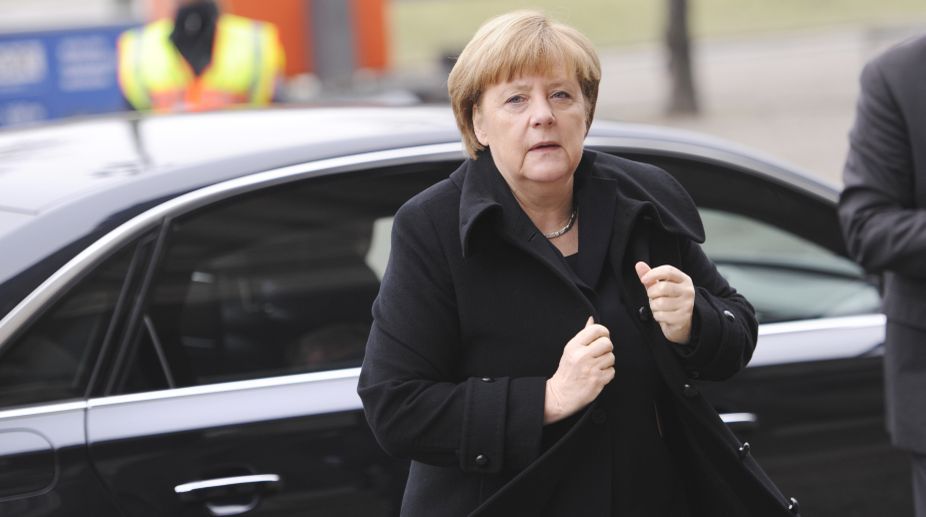The outcome of Sunday’s election in Germany was never in doubt; yet the fourth consecutive term that has been awarded to Chancellor Angela Merkel has been greeted with a distinct lack of euphoria.
There is an unmistakable degree of astonishment, even cynicism, over the first-ever entry of the far-right Alternative für Deutschland (AfD) to parliament. Having won 13 per cent of the vote, a decidedly xenophobic and rabidly antiEuropean movement will be represented in the Bundestag. Whether or not the Chancellor’s sympathetic policy towards accommodating the migrants has caused a psephological swing can only be speculated upon.
Advertisement
Indeed, the AfD is second in the overall rankings, arguably of a piece with the nationalist surge in Europe and Donald Trump’s America. Not that there has been a decline in Ms Merkel’s popularity, yet her centre-right Christian Democratic Union (CDU) will have to contend with a lower percentage of votes than in 2013.
Markedly, her principal opponent, the Social Democrats (SPD), failed to pose a convincing challenge. Its leader, Martin Schulz, has promptly announced that he will not renew the grand coalition with Ms Merkel. In the net, politics in Germany is in a flux and the Chancellor is likely to forge an intrinsically fragile coalition with the pro-business FDP liberal grouping, which has won ten per cent of the vote, and the Greens (9 per cent).
Whatever the contours of governance that might eventually take shape, there is little doubt that Europe’s most powerful leader has reaffirmed her political resilience. Mrs Merkel’s political longevity has largely been attributed to what they call her strategy of “asymmetric demobilisation”. She has co-opted many of her mainstream adversaries’ policies, whether on nuclear energy, minimum wage, or gay marriage.
Thus was she able to make a dent in the support base of her opponents. In point of fact, there was little space for her opponents during the campaign trail. Whatever space was opened up was for the benefit of the extremist, nationalist fringe.
By securing 13 per cent of the vote, the Alternative für Deutschland has emerged stronger than many had anticipated during the campaign. It is pretty obvious that the AfD has exploited the anxieties embedded in the refugee crisis, and on anti-establishment sentiment.
The AfD will be in parliament, but not in government ~ a sharp distinction between the legislative and executive construct. Its surge is suggestive of increasing political fragmentation. A measure of polarisation has thus been introduced in a nation noted for its liberal democracy.
From a fringe group in 2013, the AfD is now a key Opposition force in the Bundestag. The farright cannot be a victim of condescension. Ms Merkel’s victory will hopefully strengthen the bonding within the European Union.











